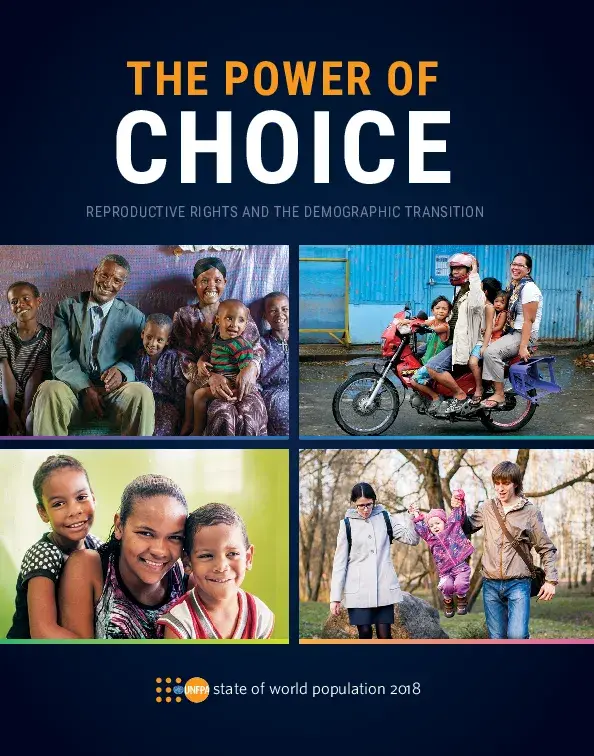For some, the pursuit of reproductive rights is thwarted by health systems that fail to provide essential services, such as contraceptives. For others, economic barriers, including poor-quality, lowpaying jobs and an absence of childcare, make it next to impossible to start or expand a family. Underlying these and other obstacles is persistent gender inequality, which denies women the power to make fundamental decisions in life.
In the 1994 Programme of Action of the International Conference on Population and Development, governments committed to enabling people to make informed choices about their sexual and reproductive health as a matter of fundamental human rights. Now, almost 25 years later, this continues to require ensuring that individuals have access to the means to decide freely and responsibly the number, spacing and timing of their children.
The 2030 Agenda for Sustainable Development reinforces these principles by making reproductive health and rights a specific aim. In fact, reproductive rights are integral to realizing all the Sustainable Development Goals. THAT IS THE POWER OF CHOICE.
State of World Popoulation 2018

Publisher
UNFPA
Number of pages
152
Author
UNFPA
State of World Population Report
State of World Popoulation 2018
Publication date
17 October 2018

